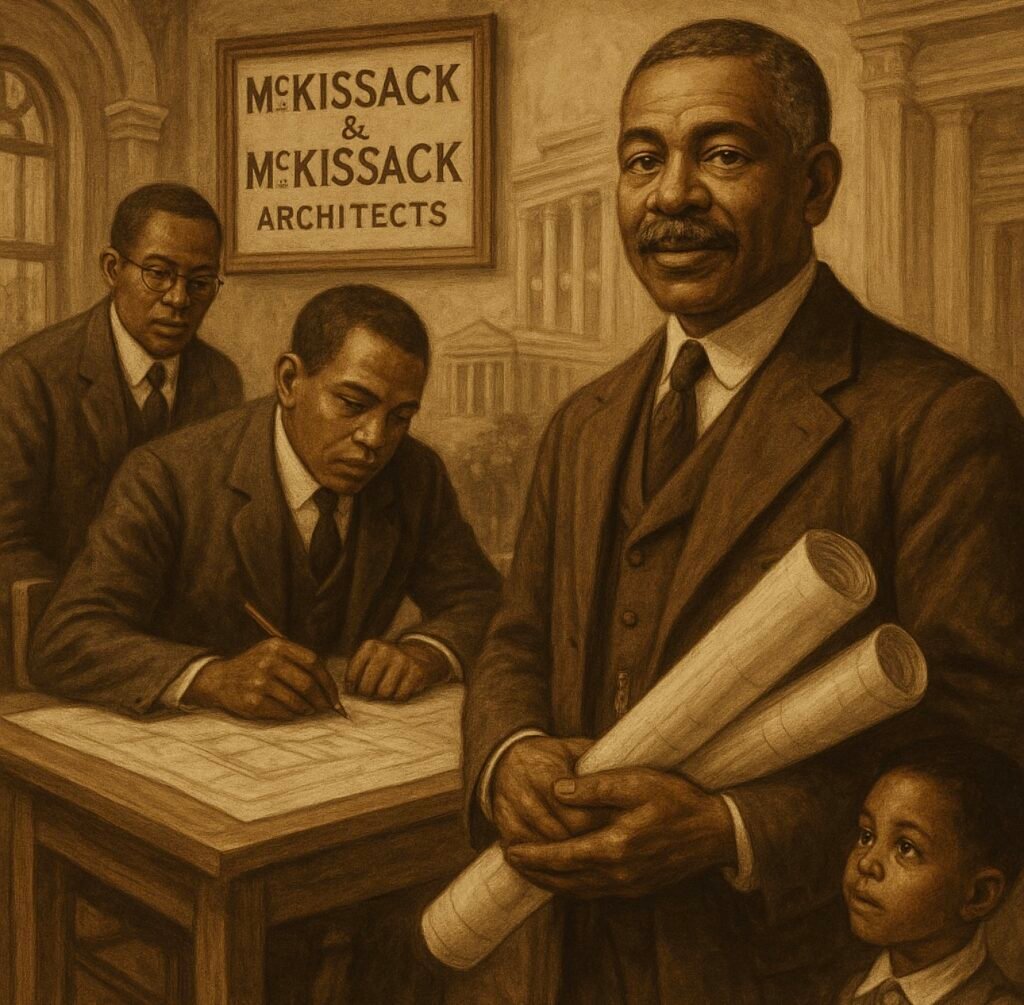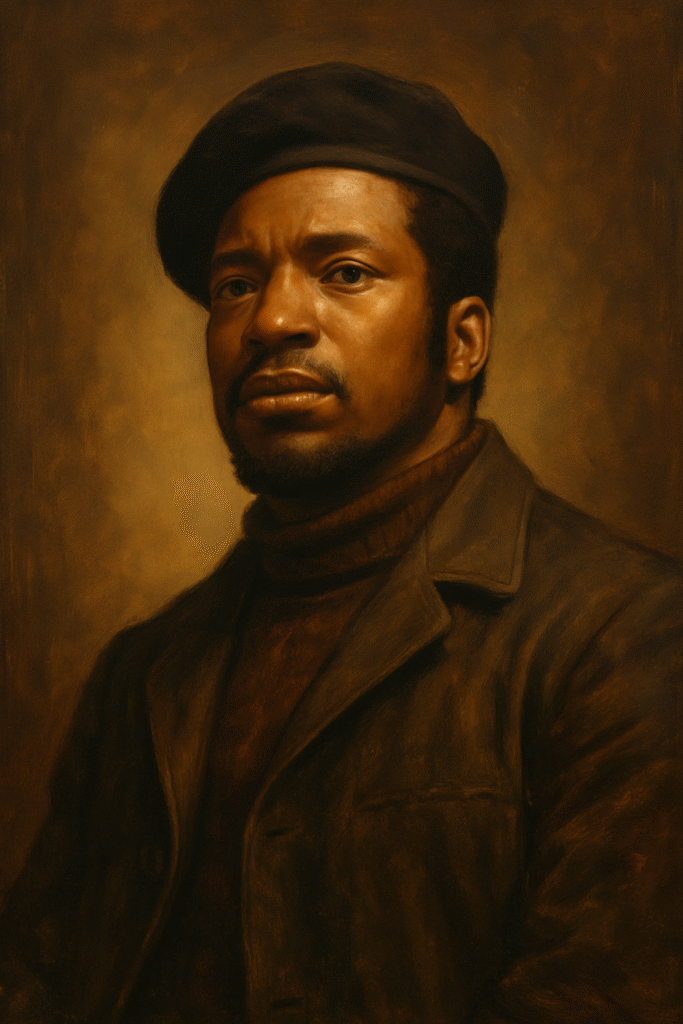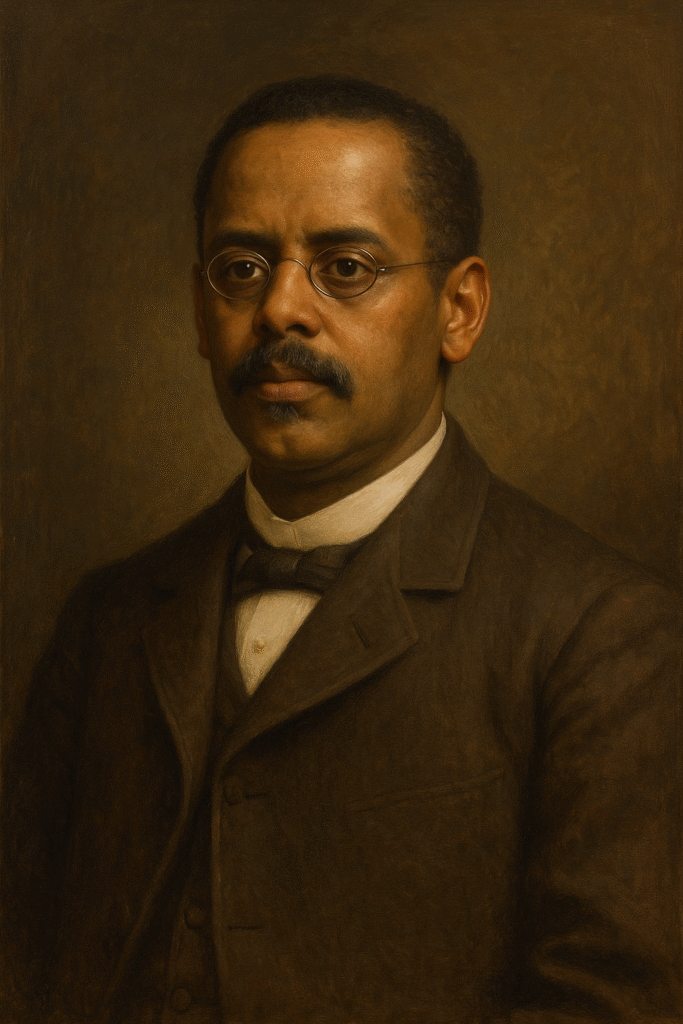How Thomas Edison Tried to Steal from Granville T. Woods and Lewis Latimer
When we think of great inventors, Thomas Edison often comes to mind. However, behind many of the technological advancements of the 19th and early 20th centuries stood brilliant Black inventors like Granville T. Woods and Lewis Latimer. These men not only made groundbreaking contributions but also had to fight for their rightful credit—sometimes even taking Edison to court.
Granville T. Woods vs. Thomas Edison: The Battle for Innovation
Granville T. Woods, often referred to as the “Black Edison,” was a self-taught electrical and mechanical engineer. He held over 50 patents, many of which were instrumental in improving railway systems, including the development of an advanced telegraph system that allowed moving trains to communicate with stations.
In the late 1880s, Edison claimed credit for Woods’ invention of the induction telegraph system, a device that helped prevent train collisions by allowing operators to send and receive messages. Woods took Edison to court—and won. Edison, recognizing Woods’ brilliance, later offered him a job at his company. However, Woods refused, preferring to maintain his independence as an inventor.
Lewis Latimer: The Unsung Hero of the Lightbulb
Lewis Latimer was another Black inventor whose genius helped shape modern technology. He worked closely with Alexander Graham Bell and played a crucial role in developing the telephone. However, his most significant contribution came in the form of improving Edison’s electric lightbulb.
While Edison is credited with inventing the lightbulb, it was Latimer who revolutionized it by creating a longer-lasting carbon filament. Before Latimer’s innovation, lightbulbs burned out quickly and were not practical for widespread use. His work made electric lighting more affordable and accessible. Despite his pivotal role, Latimer often had to fight for recognition, as Edison’s name overshadowed his contributions.
The Fight for Recognition
Both Woods and Latimer faced a harsh reality: Black inventors were often overlooked or had their ideas stolen. While their legal victories over Edison were rare wins for Black innovators at the time, they symbolized a larger struggle for intellectual recognition.
Their contributions continue to impact modern technology, reminding us that innovation knows no racial boundaries. Woods’ and Latimer’s perseverance in the face of adversity serves as an inspiration, proving that talent and ingenuity cannot be suppressed, no matter how powerful the opposition.
Final Thoughts
The stories of Granville T. Woods and Lewis Latimer are reminders that history often favors the names of those with power and influence, rather than those who truly made a difference. By shedding light on their achievements and struggles, we can ensure their legacies are honored and their rightful place in history is secured.










